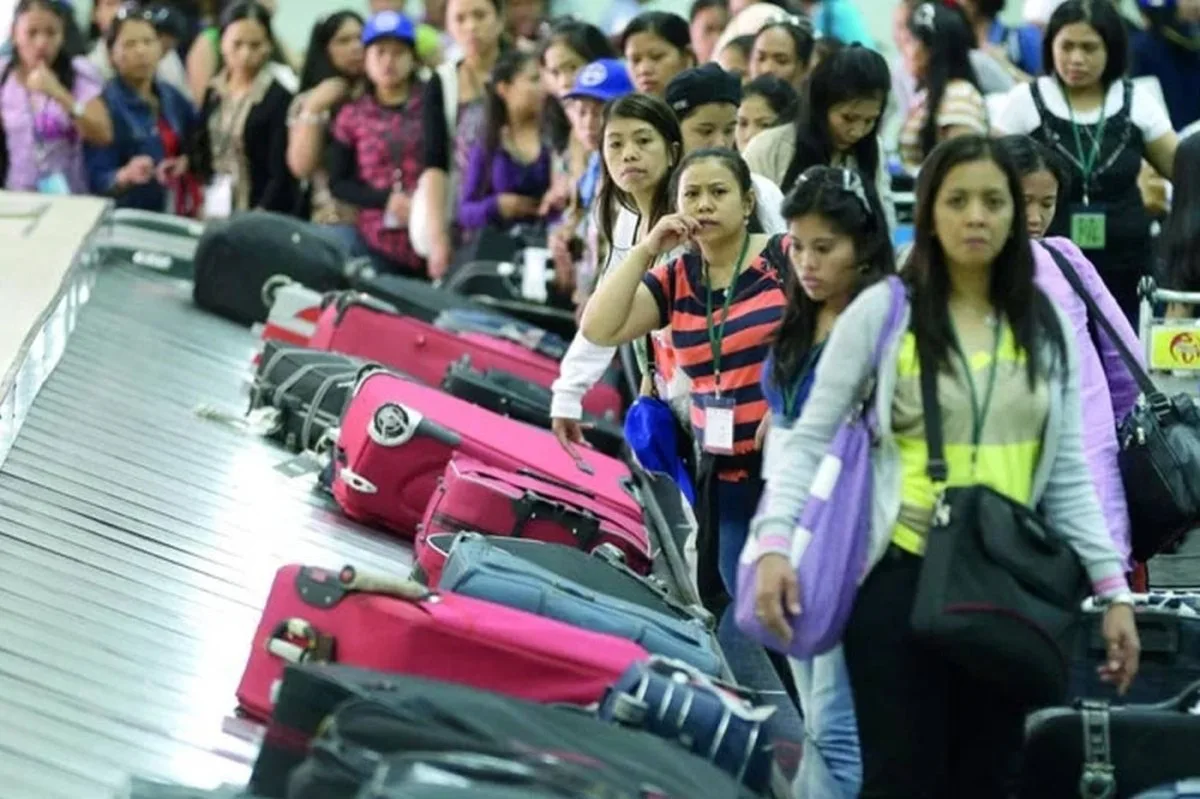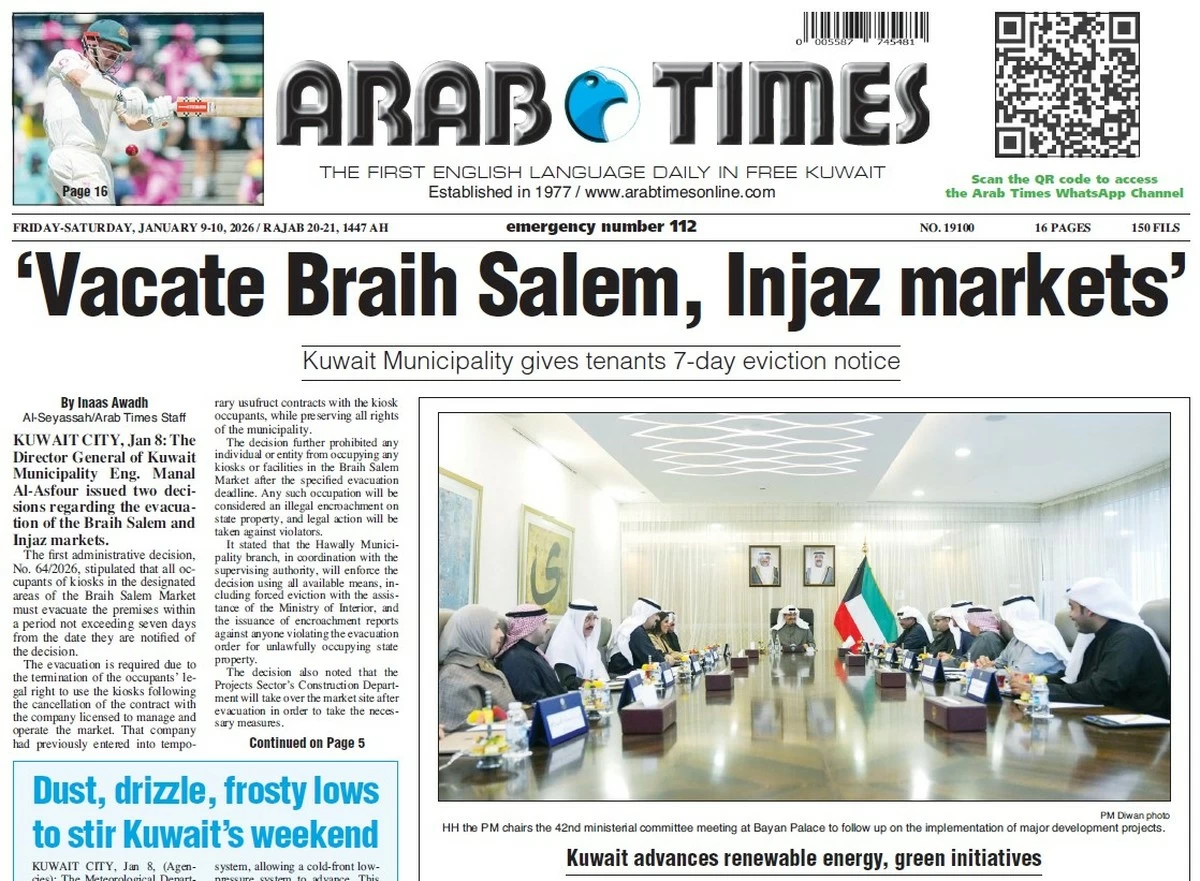09/08/2025
09/08/2025

KUWAIT CITY, Aug 9: Head of the Union of Domestic Labor Offices Khaled Al-Dakhnan confirmed that the biggest problem currently facing recruitment agencies is the lack of applications, due to the pricing set by the Ministry of Commerce and Industry, which leaves agencies with little flexibility to secure experienced candidates, and negatively impacts the overall quality of available labor. Al-Dakhnan said, “We are not receiving good applications, as the ministry’s set pricing only allows for older workers, many of whom prefer to go to other Gulf countries that offer better incentives.” He explained that the recruitment cost from some African countries reaches KD 575, in line with the pricing set by the Ministry of Commerce and Industry, which is an acceptable amount. However, the market still primarily depends on Asian workers.
Regarding Filipino workers, he said, “The reopening of recruitment was temporary and limited only to those who had previously worked in Kuwait, not new workers. It has now been a year and a half since that partial reopening. The Ministry of Foreign Affairs and the Public Authority for Manpower were expected to step in and officially open recruitment for workers who have never worked in Kuwait.” Talking about the issue of increasing the salaries of Filipino workers, Al-Dakhnan said, “It is not currently under discussion and is being considered solely by the Philippine side. If the salary is raised, the change would apply in all countries. It is an internal Philippine matter, and we do not expect it to be implemented anytime soon.”
On the impact of Ethiopian workers on the local market, he said, “There is high demand for this nationality, with requests in the thousands. However, the African labor market is generally weaker than the East Asian market, and Kuwait continues to rely more on Asian countries, as they have proven their worth more than their African counterparts.” Al-Dakhnan also revealed that a union delegation is scheduled to visit Indonesia in early September, noting that, “existing efforts will not succeed without direct government involvement, as the Indonesian side has requested the establishment of a direct line of cooperation between the Public Authority for Manpower and the Ministry of Foreign Affairs.
The reception during previous visits to Indonesia was positive, and officials there expressed a clear willingness to send workers. However, they clarified that the decision to open recruitment is not solely in their hands, especially given that many of their workers are already employed in Saudi Arabia, Oman, and East Asian countries, where they are in high demand and regarded as among the best in the world.” He emphasized that Kuwait’s labor market has shifted with the entry of Ethiopian workers, resulting in an increased supply.
However, Kuwaiti citizens still primarily rely on Filipino and Sri Lankan workers, followed by workers from various African countries. Al-Dakhnan indicated that one of the current demands from the Indonesian side is to refer to their workers as “cleaning workers” rather than “domestic workers.” Regarding the recruitment of domestic workers from Myanmar, he stated that the union had submitted an official letter to the Myanmar Embassy and held a meeting with the ambassador, adding, “Recruitment from Myanmar cannot proceed without the intervention of the Public Authority for Manpower and the Ministry of Foreign Affairs to establish a new line of cooperation with the country.”
By Fares Ghaleb
Al-Seyassah/Arab Times Staff
Al-Seyassah/Arab Times Staff


